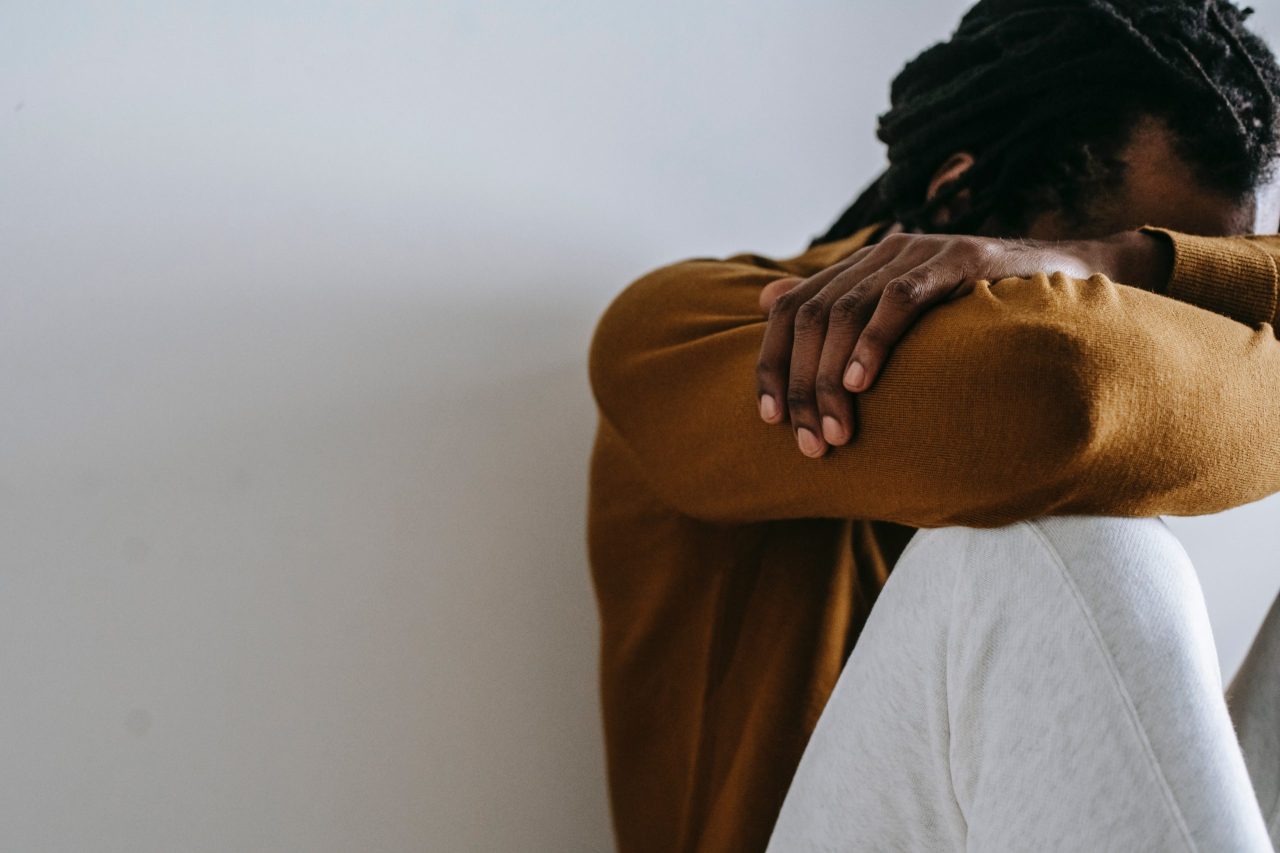
If You Feel Alone In Your Grief, Read This
Not only are we alive during a pandemic, but many are dealing with the fact that their loved one no longer is. In a society where death is a topic avoided during dinner parties and afternoon walks, those of us who are grieving find it safer not to talk about it all. Unfortunately, this is because we are trying to make those around us comfortable rather than allowing ourselves to be comforted during our times of need. Although it is safe to say that some of us choose to not talk about whatever it is that we feel because we don’t know what we feel. This is completely okay, because as I’ve been told by those in similar situations, there is no right way to grieve. This means that the silence may be comforting to some but painful to others who want to talk about it but don’t know how. In my experience, I was bombarded with calls and texts from loved ones who I am eternally grateful for. This constant stream of check-ins from people slowly stopped after the first two weeks of my father’s passing. Truthfully, I’m glad it did because there is a common misconception that when you lose someone, your world instantly shatters. However, that’s not always the case.
For some of us, death doesn’t hit right away because it doesn’t feel real. Those first few weeks where everyone thought I needed words of condolence were the moments I needed to be held in silence. Often I was told that it was okay if I just needed to cry on the phone and be heard. I appreciated everyone who said so, except that I couldn’t do this yet. I was so numb to the fact that anything had happened at all. I couldn’t, and still can’t, wrap my head around the idea that someone can be laughing by your side one day and then be gone the next.
The third month after their passing, I found myself wanting to talk about the person I lost and how much I missed them. I figured it could help me process the reality of what had happened. However, that two-week period I mentioned before was over, which meant there was no one to call (at least, that’s what it felt like). See, when it seems like someone yanked a limb out of your body and left you lying on the ground, it’s hard to reach out to someone. Especially when that limb is actually a person you loved and people rather not hear about metaphorical limbs or the dead. As time elapsed, I’ve learned that those who have not dealt with grief could fear saying the wrong things when trying to comfort you. There are of course those who do see death and loss as something contagious they rather not speak of. These people may feel that your loss will become their burden to carry if they hear of it. Hopefully, you do not encounter this scenario, but if you do, please keep your heart soft. It’s difficult for people to understand what they do not feel or have not experienced. Similarly, when those who are grieving find it nearly impossible or useless to reach out to someone, it can often stem from the idea that the people around us should be the ones reaching out. Again, we must remember that sometimes people who think they don’t know what to say really don’t.
With that said, if you don’t have someone to speak to about your loss, I advise you to write about it, cry about it, scream and shout about it. Let it out.
Eventually, you will find someone who will listen. It may be a group of supportive strangers that you found on Facebook all going through the same thing or a friendly nurse who tells you how it felt for her to lose her son years ago. People will share some of your pain, even if it’s for a second. Although these seconds may seem fleeting, they are valuable to the healing process because they remind us that we are not alone, even when it feels that everything we’ve ever known is being rewritten or destroyed. We are never alone, because the man across from you at your local coffee shop may understand your pain. Your Uber driver wearing a sparkly face mask may wish they had someone to talk to about their grief with. Everyone is connected through those small moments where honest words are shared and tired smiles are given, almost the same way we are always connected to our loved ones as we carry them with us throughout our lives. During moments in grocery stores, hallways, or cafes, their absence is there to tell us that we can continue to choose love despite any pain in our hearts. These scenarios will remind you that it’s okay to feel. Now, allow yourself to do just that. Start by sitting still with your thoughts. Just be. If that’s all that you can do right now, then congratulations. You’re doing it. In one way or another, you’re dealing with something hard and tragic because you’ve chosen to. Keep going.
